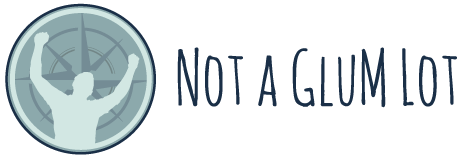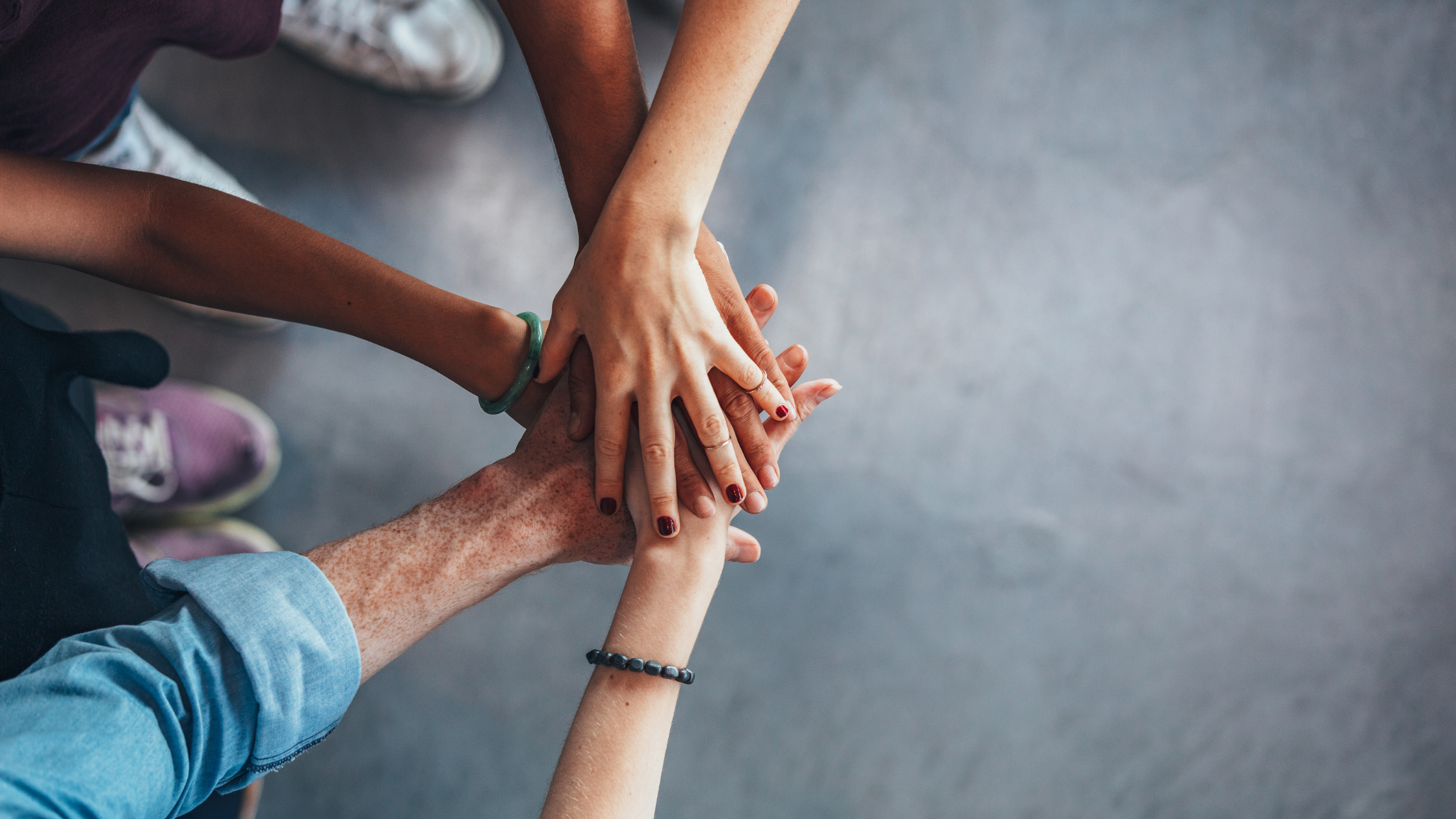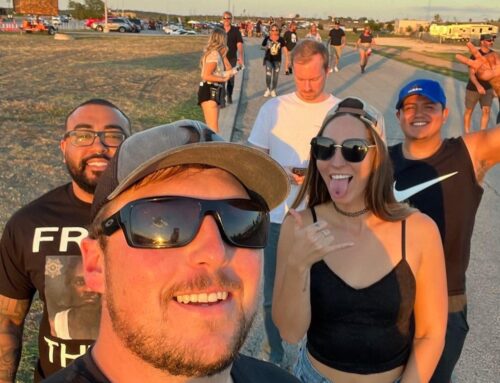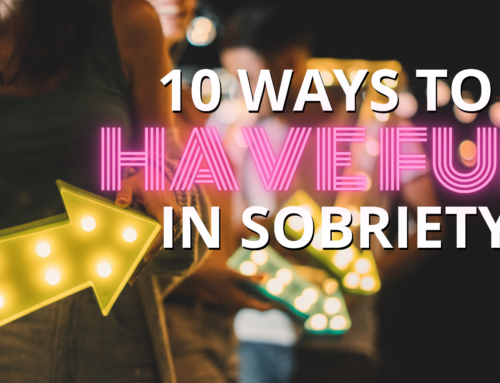Entering a life of sobriety can be such a momentous and impactful decision. Sobriety, and finding sobriety involves inevitable challenges, struggles, and hardships. This being the case, its paramount that people in early sobriety find an outlet to have fun, experience joy, and spend equally as much time experiencing happiness as they do in the challenges and struggles. The challenge here is many of us don’t yet know how to have fun without the help of drugs or alcohol, and part of life in early sobriety is about navigating those challenges specifically and finding other avenues to have fun.
You can have fun without resorting to drinking or using drugs, and these are some simple steps to get you started in the right direction.
Connect with other sober people
Believe it or not, one of the quickest and easiest ways to trigger the pleasure center of the brain is to develop connections with other humans. We are naturally social creatures who develop our sense of worth, value, and sense of self through interactions with others. Make new friends and develop new connections. Make an effort to make friends by participating in a sport, making connections at a gym, a self-help group, or a volunteer group. Do your best to put yourself in positions to easily meet new people. This may require a certain level of willingness and courage, as many of us have used drugs or alcohol as a social lubricant to make interactions with others come easily or feel more natural. Social skills are a learned behavior and the more you use them, the better you will get and the easier they become. Make this effort and you will not be disappointed.
Exercise often
Most people might not look at someone running or working out in the gym and think to themselves, “that looks like fun”. However, regular exercise supports your ability to experience joy in more ways than you may realize. Regular exercise stimulates blood flow, increasing oxygenation of the body and improving circulation, which boosts energy levels and improves the mood. It also works to produce dopamine and serotonin as part of the brain’s reward circuit. Regular exercise also balances out dopamine and serotonin production, which will have a positive impact on your long-term health and ability to recover. The focus here should be on a consistent and regular routine that gets you up and moving, increases your heartrate, and gets your blood flow going. It helps if you find an exercise you enjoy, and almost anything that accomplishes the aforementioned criteria will do the job. Hiking, cycling, playing a sport, going for a swim, dancing, or even just spending 60 minutes cleaning your house. You can also find a way to overlap suggestions with playing a sport, as this will likely have the added benefit of social interaction.
Make a habit of saying “yes”
Live a life of invitation. Take advantage of opportunities that come your way to have new experiences, meet new people, try something new, and get outside of your comfort zone. Doing so will help you begin to learn what things or activities you enjoy, what inspires you, motivates you, and makes you tick. You will begin to learn things about yourself that you never knew, and you are likely to have a ton of fun along the way.
Ask for help
Join a community based self-help group like SMART Recovery or Alcoholics Anonymous. These fellowships will be filled with other people who are on, or have been on, a similar path as you. They can act as some added support to not only help you overcome the regular challenges related to early sobriety, but also help you learn how to have fun. They can answer questions, give guidance or direction, and act as a sounding board that you may not have in other areas of your life.







